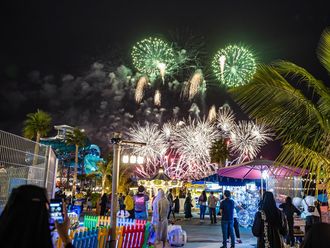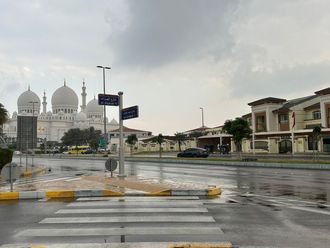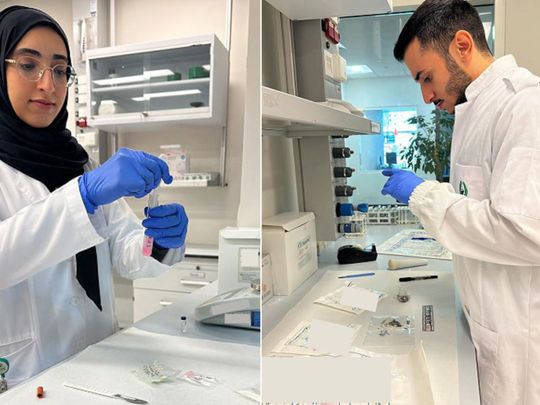
Dubai: Drug abuse is a menace to society. Many drugs alter a person’s thinking and judgment, leading to health problems, drugged driving and crimes. So, it is important to prevent the consumption of illegal drugs to keep society safe.
The Drug Surveillance Centre in Dubai plays a critical role in keeping out narcotic and modern psychoactive substances. It helps the Dubai Police General Command to combat and detect crime, making the emirate safe.
One of the first drug detection and monitoring facilities in the Middle East, the centre focuses on discovering new areas where drugs are consumed, as well as identifying new types of narcotic substances.
Uncovering new types of drugs
In an exclusive interview with Gulf News, First Expert Ibtisam Abdul Rahman Al Abdouli, director of the centre, said the goal is early drug detection that significantly contributes to public safety.
The centre focuses on synthetic drugs and continuously updates detection methods.
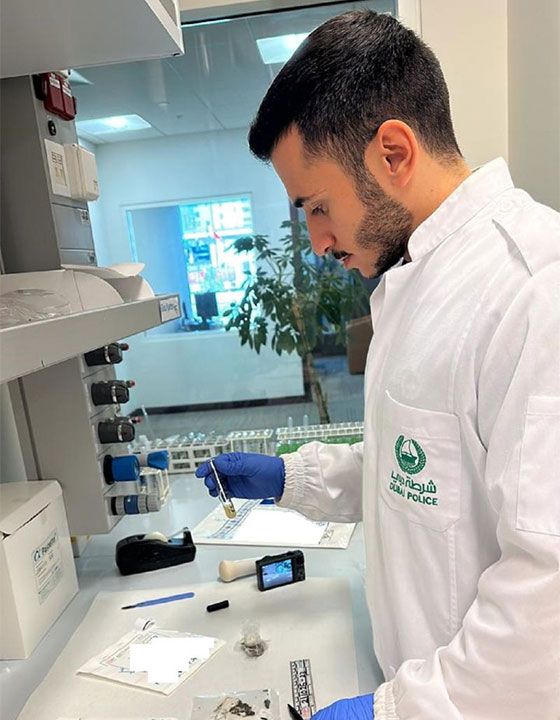
The centre constantly uncovers new types of drugs and their usages, methods of concealment, smuggling and abuse, and that helps in updating the Narcotic Substances Law, said Al Abdouli, who joined Dubai Police in 1993.
The centre also conducts special courses, attends international scientific conferences and workshops, and collaborates with international and local entities, she added.
Rapid test
The centre, which has designed rapid examination mechanisms to detect substance abuse, aims to become a global platform for information exchange to combat drug crimes.
Reducing the spread of drugs is imperative since their abuse include poisoning, death due to overdose and an increased risk of road accidents under the influence of these substances.
Illegal drugs come in different forms. The challenges of detecting raw and metabolised drugs are enormous, but the centre relies on advanced techniques and state-of-the-art equipment.
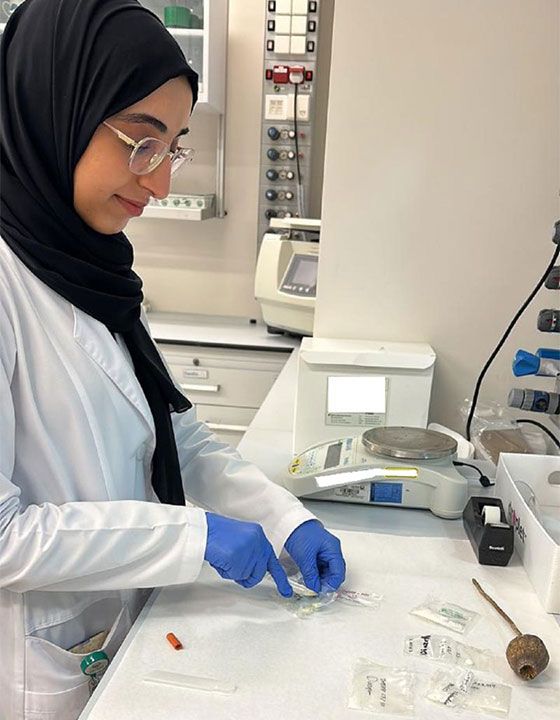
Raw drugs, such as powders, crystals or pills, are tangible substances detected through lab examination and analysis.
Drug metabolites – intermediate products produced during metabolism – in biological samples, especially in the case of modern synthetic drugs, are a significant challenge.
The centre’s special department is equipped with highly sensitive devices that detect and classify the metabolites.
Maj. Gen. Ahmad Bin Ghulaita, Director of the General Department of Forensic Evidence and Criminology at Dubai Police, told Gulf News that the centre’s toxicology experts are skilled in identifying changes in the chemical compositions of drugs, and it helps in thwarting drug traffickers.
250,000 samples checked annually
The General Department of Forensic Evidence and Criminology at Dubai Police annually examines 250,000 samples from its departments — a global benchmark.
Dubai Police, led by Lt. Gen. Abdullah Khalifa Al Marri, Commander-in-Chief, works with other entities to fight drugs and drug crimes.
“This support includes exchanging expertise, sharing information, and providing practical training. These efforts align with the objective of crime detection and combating anti-narcotics,” Maj Gen Bin Ghulaita added.
Survey section: Conducts sample examinations. 680 samples were examined last year, leading to discovery of a new hot zone for drugs.
Biological section: Studies the biological effects of drugs and identifies drug metabolites. Discovered 30 new drug metabolites.
Drug types and origins: Discusses drug varieties and their origins. Four types of drugs discovered have been classified. The section also identified 16 types of synthetic spice drugs.
Design and detection: Develops drug detection strategies and the design of existing drugs in the area.
Employee testing: The administration receives 2,000 applications for employment screening from all over the emirate.
Data collection and reporting: Gathers and analyses data to prepare reports and submit it to decision-makers.
Reports issued by the centre assist leaders in making efforts to combat drugs.
The centre addresses the Supreme Committee for Laws and Legislation by adding new narcotic substances that are being misused for the purpose of imposing penalties.
The centre works on preparing databases of modern drugs that are interchangeable with international databases.




